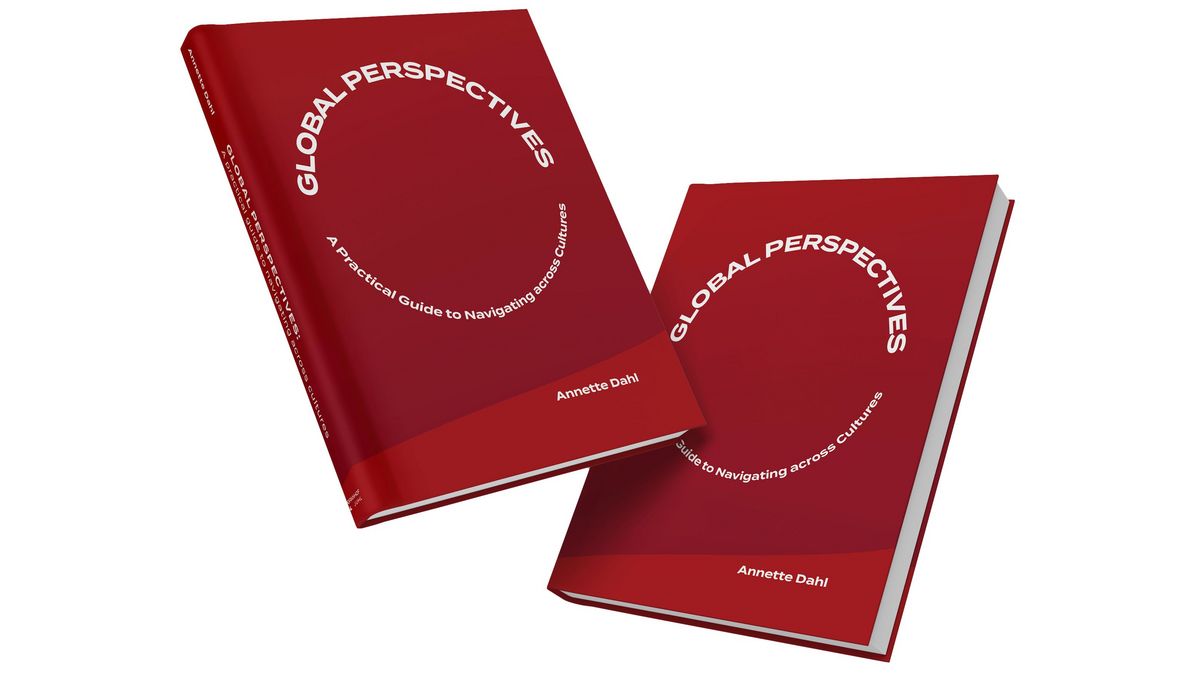
QUICK TIP: Be Aware of the Different Approach to Planning in German and Danish Work Culture
Although Germany and Denmark are neighboring countries, there are significant differences in the work culture between the two countries.
One of the major differences has to do with the approach to planning.
In some respects, Danes love to make plans.
For example, many internationals living in Denmark have learned that dropping in on Danish friends without a prior agreement is not typically well received – even a meet-up at a café should be in the calendar a few months in advance!
But when it comes to planning in a work context, the Danes, compared to their German neighbors, are typically a bit more relaxed and flexible.
GERMANY
Planning lies at the heart of German work culture.
If you work with German colleagues and business partners, they would most likely prefer to make fairly long-term plans.
The plans should preferably be thorough, detailed and in writing. The various elements must be based on thorough analyses, so that not much is left to chance. This creates security and predictability.
And then many German colleagues and business partners would expect you to stick to the plans you originally agreed upon.
Many thanks to our country specialist for Germany, Birgitte Ovesen, for sharing your extensive knowledge of German work culture with us! (Read more about Birgitte Ovesen here).
DENMARK
The typical Danish approach to planning can, on the other hand, from a German point of view be perceived as somewhat laissez-faire!
Because even though lots of plans are also made in Danish workplaces, it’s generally not necessary to include quite so many analyzes and details in the process.
In the Danish work context, there’s also typically a greater acceptance that plans can change and you may have to adjust what is planned along the way.
And, as an employee, it’s not uncommon for you to be told by your Danish boss that you should just give something a go and then we’ll figure things out over time.
A few more things to keep in mind
When we describe the Danish approach to planning as relatively flexible, it is compared to the typical German approach.
People with a background in other work cultures (e.g. the Chinese) may perceive the Danish approach as very inflexible ...
Furthermore, our approach to planning can be influenced by lots of other factors besides national culture, such as industry and company culture. And there can be generational differences and large regional differences, especially in Germany.
Finally, we all have our own preferences, influenced by our personal background and life experience.
You can use the general patterns we've outlined above as background knowledge when you navigate German and Danish work culture – but be prepared to adjust and nuance your knowledge if your experiences in working with your German or Danish colleague/business partner point in a different direction.
Where to go from here
Can we help you or your company with intercultural training for a specific country or culture? Check out the possibilities here or contact us for a chat.
Want more inspiration on how to best collaborate across cultures? Follow us here on LinkedIn – and sign up for our newsletter using the form below.

